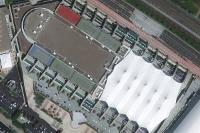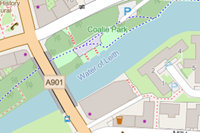Filters
Search Description
Search within region
Longitude
to
Latitude
to
Points




































